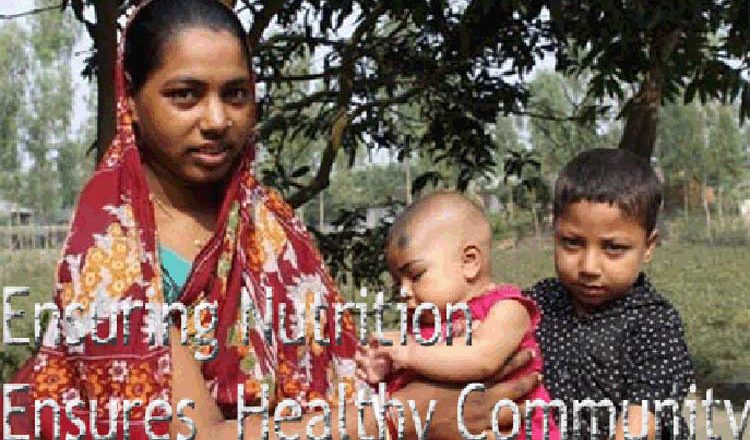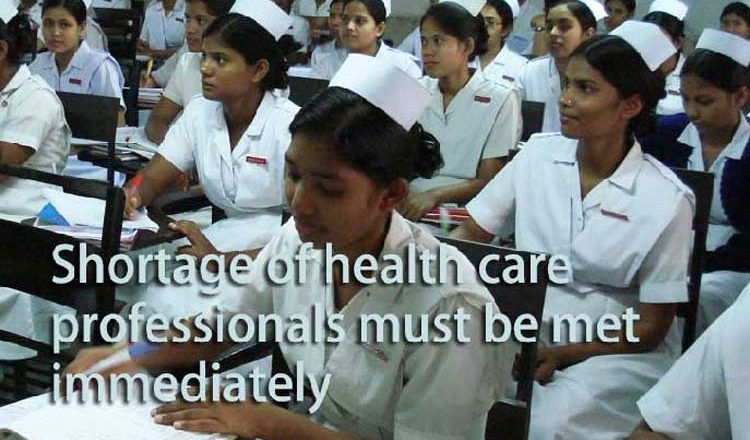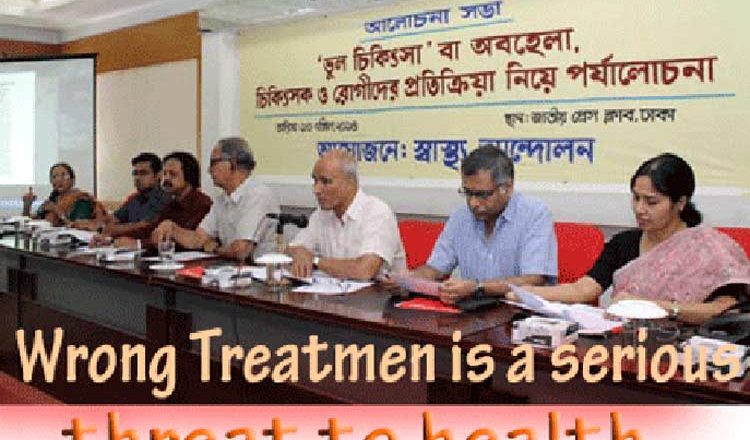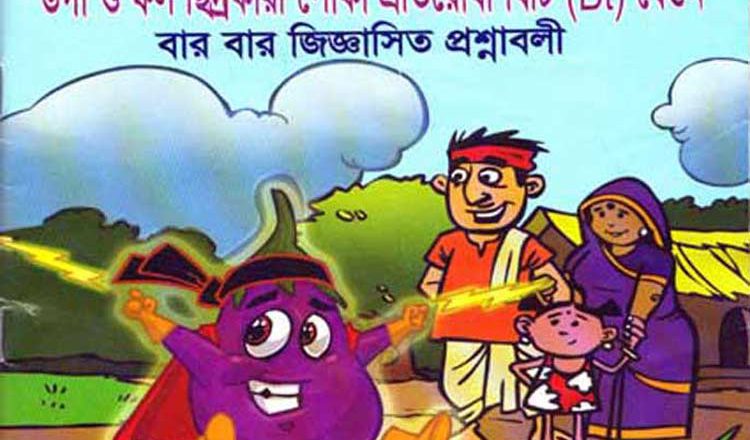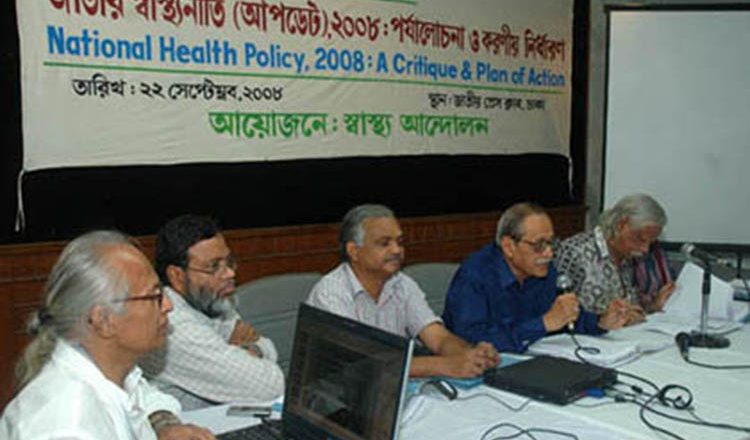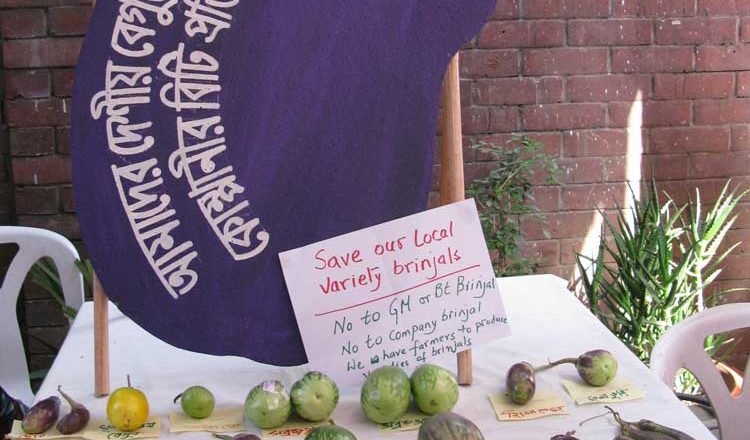Addressing ‘micro-nutrient’ deficiencies in Bangladesh: a Nayakrishi Perspective
Farhad Mazhar and Dr. M. A. Sobhan
'Currently most research is invested in new technologies rather than in making better use of existing knowledge. Much more research is needed to turn existing knowledge into practical application.' (WHO 2013)
UBINIG’s commitment to biodiversity-based approaches to agriculture, health and nutrition is based on a critical understanding of various technological approaches to solve some of the major problems of poverty, hunger and malnutrition. Recent interest in biofortification, particularly of staple crops, is of critical interest to UBINIG, particularly to the network of Nayakrishi farmers, Specialized Seed Networks and the network of Dai Mas (traditional birth attendants). All of these networks are firmly grounded on valuable local know...
